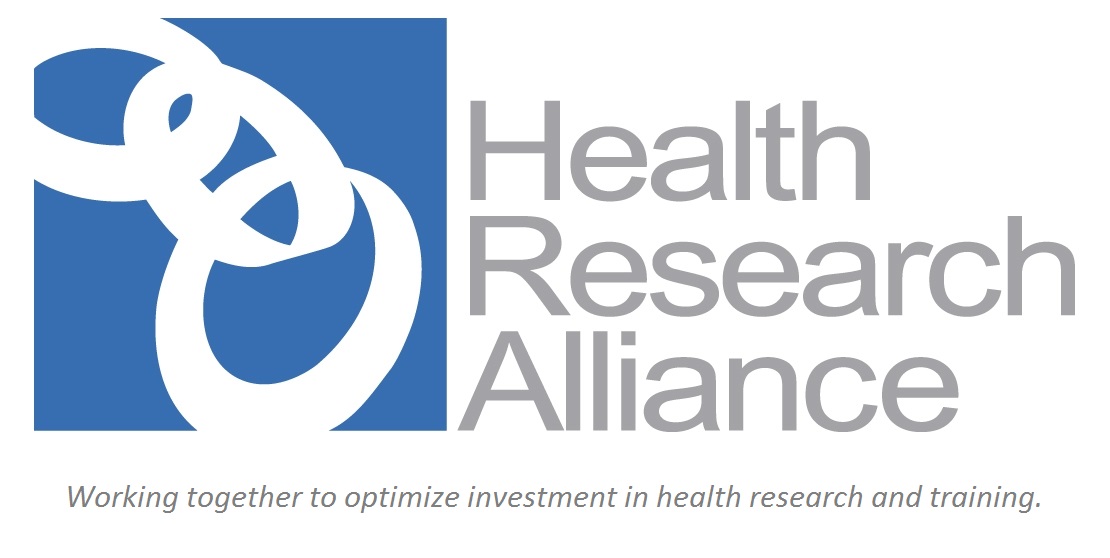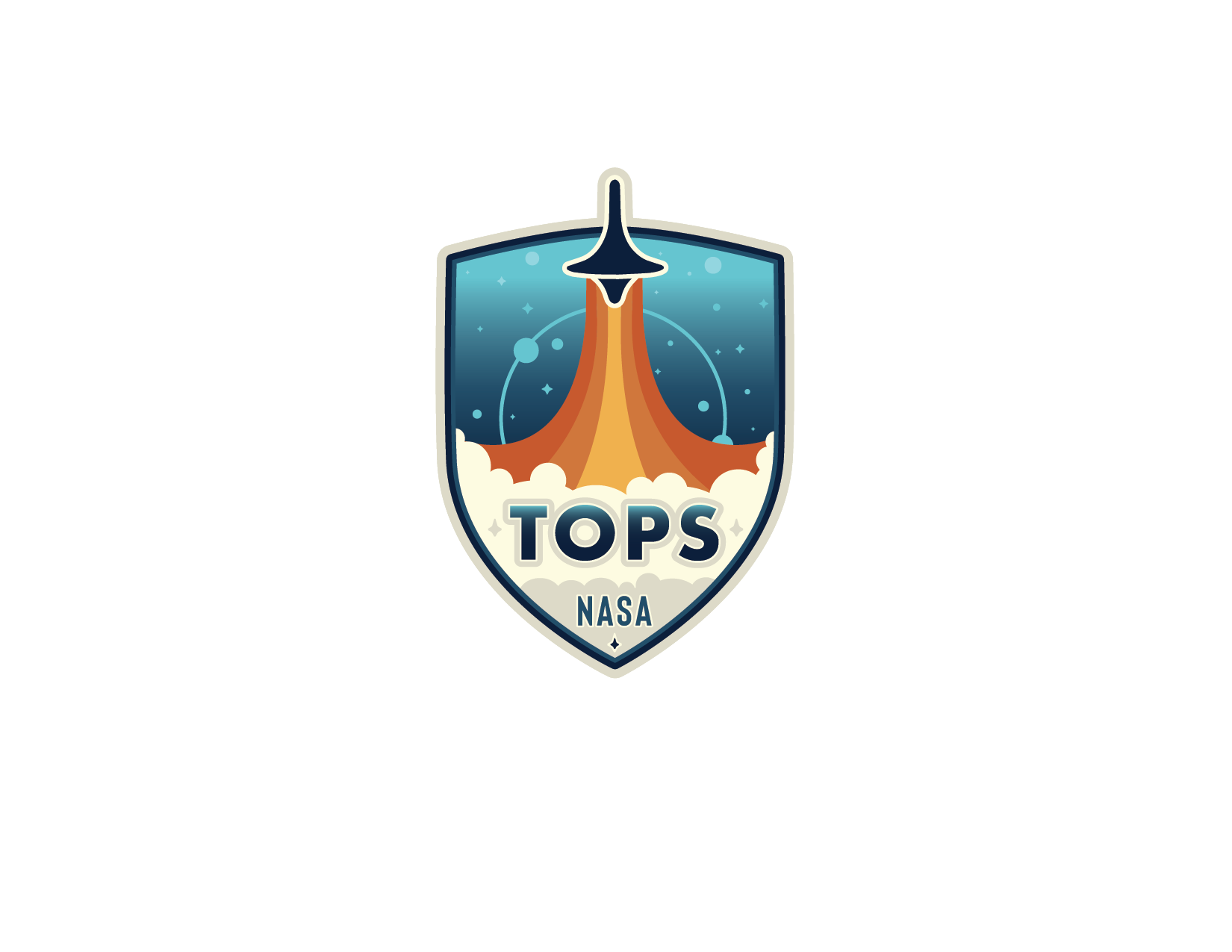Health Research Alliance (HRA)
Contents
Health Research Alliance (HRA)#

The Health Research Alliance’s mission is to maximize the impact of research to improve human health, and open sharing of all research outputs is a powerful strategy to achieve that mission. Open science accelerates the pace of discovery - not only by increasing the rigor of research, but also by enabling a diversity of opinions and experiences that are accessible across the entire ecosystem. Open science can close knowledge gaps and level the playing field for researchers around the world leading to more rigorous, inclusive, and equitable science. To help HRA members implement open science policies, HRA has launched our Explore the Value of Open (EVO) program.
Learn more at healthra.org/exploring-the-value-of-open-evo-program!
Year of Open Science Commitments#
Develop a Strategic Plan for Open Science.#
We recently launched our Explore the Value of Open Program, (EVO) as a much more “hands-on” strategy than our existing Open Science and Data Sharing Learning Community. In addition to webinar and workshop-based learning opportunities, we are implementing a small group cohort model to bring along organizations who want to develop, implement and enforce policies but are facing challenges. We are committed to helping any interested HRA member organization to encourage (and potentially require) open science practices across their grant portfolio. As part of our EVO program, and as a participant in the Year of Open Science, we will create a more formal strategic plan focused on facilitating more open science behaviors among researchers.
Commit to examining the review process.#
We have also recently launched our “Inclusive Grantmaking Initiative.” HRA’s various communities have explored many strategies to enhance inclusivity and equity in grantmaking. Our DEI Learning Community surveyed HRA members on 4 areas to increase DEI (including peer review) and posted the analysis of strategies members use, and are already working to develop and implement more effective strategies. We also published a Commentary in Nature Medicine entitled Strategies for Inclusive Grantmaking. The IGI will bring together efforts of our DEI Learning Community, with our Grants Administration Learning Community (that has explored strategies to decrease bias in peer review) and our Open Science Learning Community, that is investigating how best to comply with open science requirements in ways that don’t compound inequities. We are already developing a Bias Reduction Training Module for staff and reviewers, and are exploring the benefits and challenges of blinded peer review.
